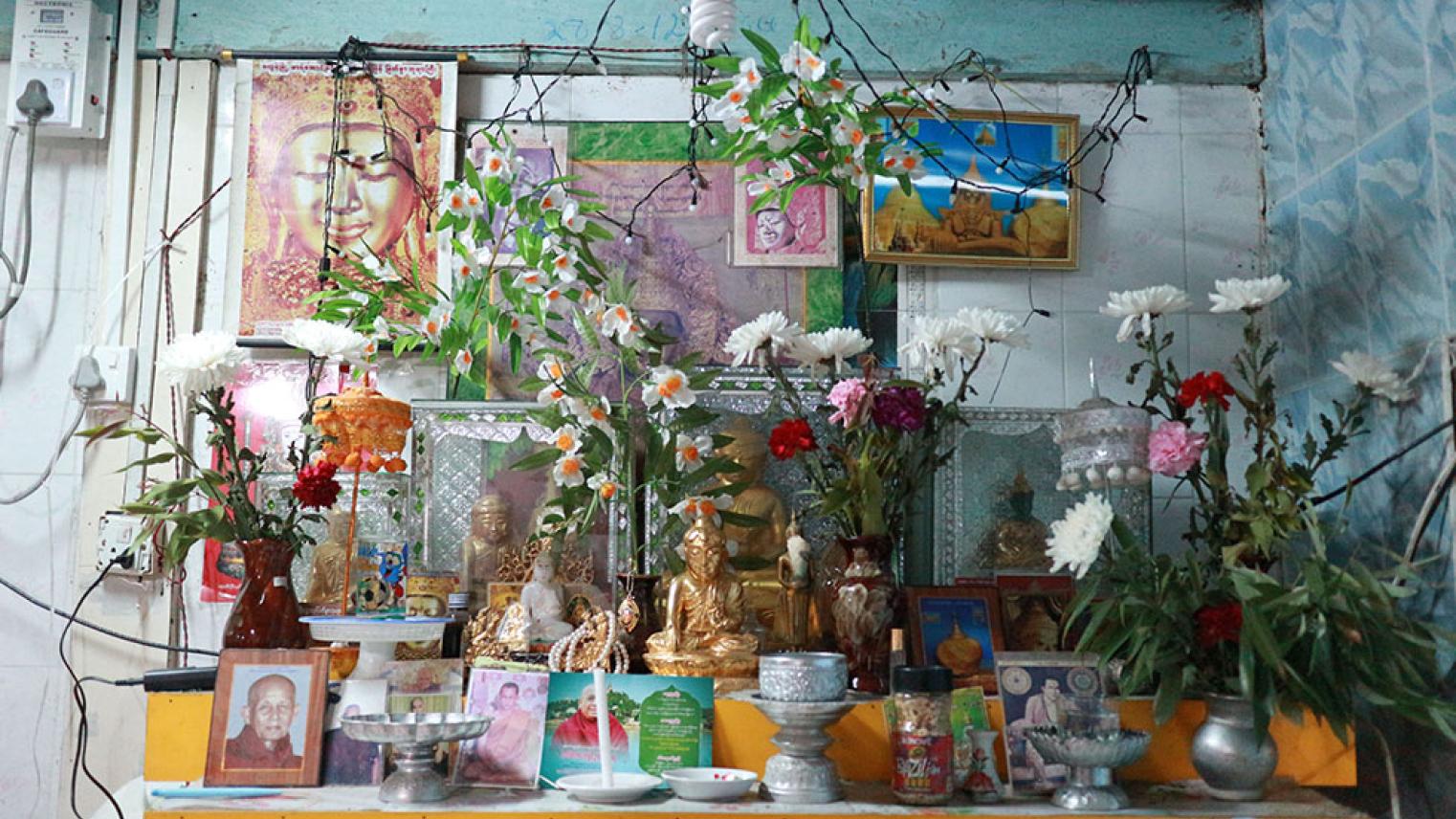ANU Myanmar Research Centre Dialogue Series 2025
Timezone: 5.30–6.30pm AEST, 2–3pm MMT, 9.30-10.30am CEST
VENUE:
The dialogues in the series will be held in hybrid mode, i.e. in-person on the ANU Campus, and virtually on zoom.
- IN-PERSON: Regional Institutes Boardroom, HC Coombs Extension Building 8, 9 Fellows Road, ANU, Acton, ACT, 2601
- ONLINE: Zoom. Once you register here, you will be directed to the event page on Humanitix. Please select the relevant ticket, in-person or online, according to your preferred attendance mode. You will receive the zoom link and details after registering for online attendance.
For more information on the MRC 2025 Dialogue Series please see the MRC website or contact the Chair:
- Zaw Yadanar Hein, zaw.hein@anu.edu.au
Damage control: Myanmar’s earthquake and ongoing conflict
On 28 March, a devastating 7.7 magnitude earthquake struck Myanmar. Its epicentre was in Sagaing Region and it was followed by multiple powerful aftershocks. Thousands have died and thousands more buildings and infrastructure have been destroyed in what is now recognised as the biggest and most consequential earthquake in Myanmar for more than a century. The worst damage and highest death toll appear to be in Sagaing and Mandalay regions, two areas with strong revolutionary spirit, ongoing armed conflict, near-daily air strikes in civilian areas, and intractable political violence.
The alternative National Unity Government (NUG) and several ethnic armed groups declared temporary ceasefires to allow for quake relief efforts, followed by a ceasefire announcement from the military a few days later—however, air strikes and clashes have continued. Many nations, including neighboring giants China and India, have now sent aid and rescue teams into Myanmar in cooperation with the military dictatorship, and many more countries and groups have pledged humanitarian assistance through international agencies. Lasting ceasefires have followed other natural disasters and humanitarian efforts in the region, such as the devastating tsunami in Aceh, Indonesia. But they can equally do the opposite, such as in Sri Lanka, when a ceasefire broke down after the same tsunami. In military-ruled Myanmar, recent disasters such as Cyclone Nargis have only served the military’s purposes to retain control and weaponize aid.
Will the 2025 temporary ceasefires in the wake of the earthquake lead to opportunities for long-term peace, and serve as a catalyst for political change? Or will they only exacerbate and further complicate the ongoing conflict?
In this seminar, Su Mon Thant argues that the ceasefires are unlikely to de-escalate conflict, let alone create pathways to peace. In fact, other nations’ disaster relief efforts in the country could even strengthen the junta’s international legitimacy, potentially prolonging conflict with the myriad groups and millions of people that still reject military rule in Myanmar and resist the illegal and illegitimate 2021 military coup.
Speaker
Su Mon Thant is an expert in conflict dynamics and democracy in Asia. She works as an Asia-Pacific Senior Analyst for the international organisation Armed Conflict Location and Event Data (ACLED) where she has worked since 2021. She holds an MA in Politics and International Relations from Keele University (UK) and has researched Myanmar's politics and society for over a decade, including as an accredited observer of the 2015 and 2020 Myanmar elections. She is currently a Myanmar-Australia Visiting Fellow, supported by the University of Melbourne Myanmar Research Network and the ANU Myanmar Research Centre. Her fellowship is also partly supported by the University of Melbourne’s Initiative for Peacebuilding.
Chair
Zaw Yadanar Hein, zaw.hein@anu.edu.au
The ANU Myanmar Research Centre Dialogue Series is a conversation concerning current research on Myanmar aimed at providing scholars with an opportunity to present their work, try out an idea, advance an argument and critically engage with other researchers. International and Myanmar researchers from any discipline are invited to contribute. The Dialogue Series is particularly seeking to provide a space for early career researchers wishing to receive constructive feedback. Each dialogue is one hour long, including a 30-minute presentation followed by a 30-minute Q&A. As a hybrid series, the Dialogues are presented in both virtual and in-person format, hosted by the ANU Myanmar Research Centre.
